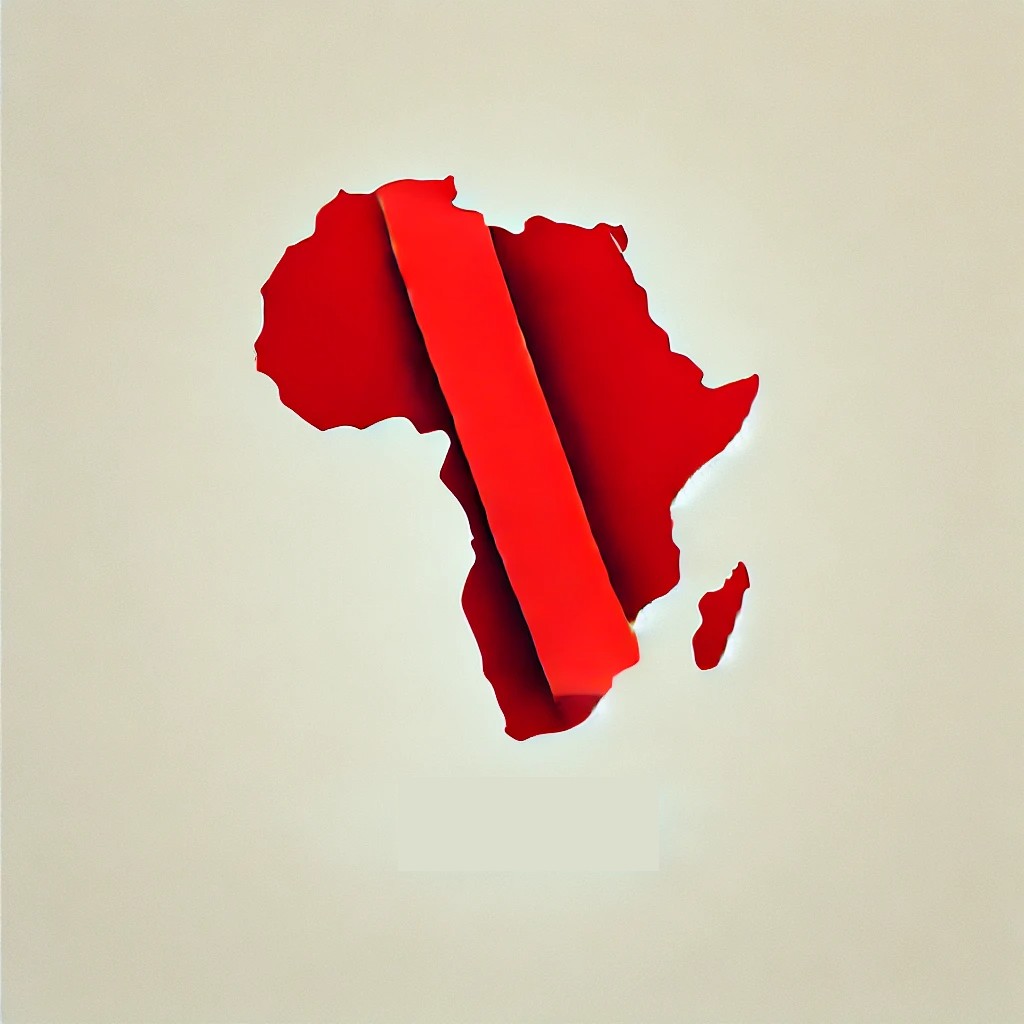Upon further reflection on the uproar surrounding Nigerian filmmaker Kunle Afolayan’s recent Netflix “canceled projects” comments, a few even more fundamental questions arose about how we evaluate Netflix’s engagement with African markets.
When examining Netflix’s eight-year presence in Africa, the data suggests a measured pattern of engagement. For example, from 2016-2022, Netflix’s own 2023 report stated that the streamer licensed 283 Nigerian titles (approximately 40 per year) and commissioned three originals. In the two years since (2023-2024), they’ve announced around 5 new Nigerian commissions (a slight increase). While we don’t have recent licensing data for comparison, these numbers alone suggest a company carefully learning and adapting to new markets rather than one pursuing rapid transformation or retreat.

Yet, discourse around Netflix’s African presence often carries the weight of outsized expectations. When MultiChoice, with four decades of experience deeply woven into the continent’s media-tech fabric, describes current operating conditions as “the most challenging in its history,” it prompts another critical question: If a company with such deep regional roots and market understanding is struggling, what realistic expectations should we place on Netflix, an American company navigating these same challenging markets after just eight years?
To evaluate Netflix’s position in Africa fairly, we need to examine what they’ve actually done against any promises, rather than what various stakeholders might hope or expect them to do.
Subsequently, I created a kind of foundational context for evaluating the streaming platform’s activities in Africa going forward—a baseline reference point for all future coverage, helping to ground discussions in documented facts rather than speculation, assumptions, hopes, and dreams.
Akoroko Premium subscribers received this baseline strategic assessment earlier today. To gain access to it, subscribe at the link in the bio or copy/paste: https://akoroko.com/subscribe/